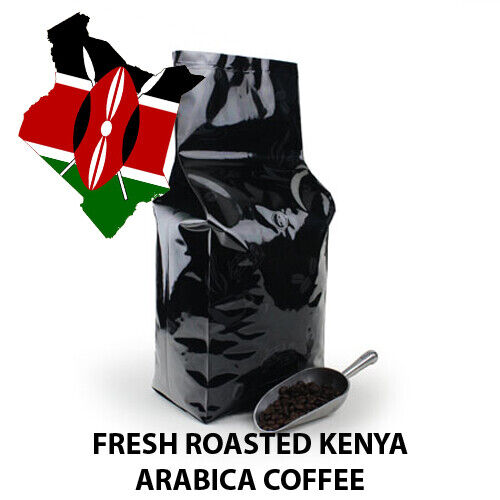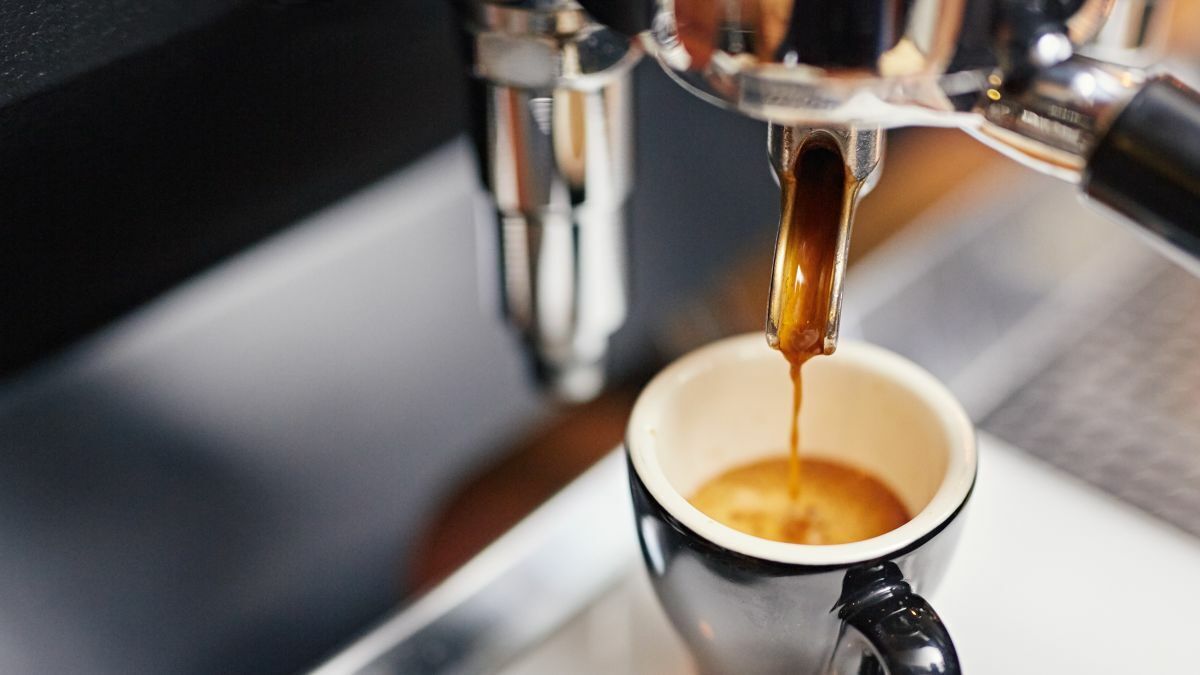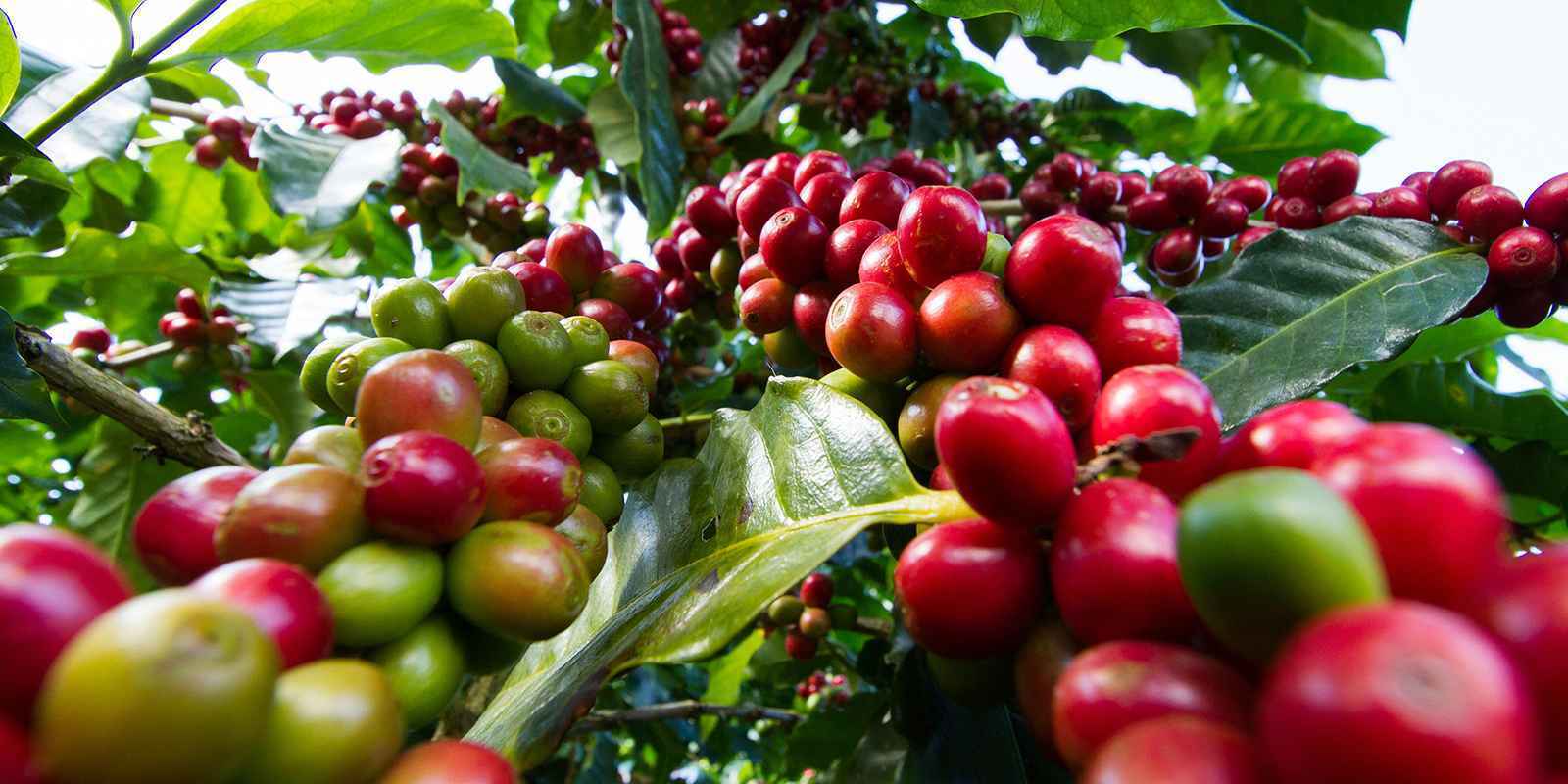-40%
2, 5, 10 LB KENYA KENYAN FRESH ROASTED COFFEE WHOLE BEANS OR GROUND - ARABICA
$ 21.64
- Description
- Size Guide
Description
DAILY ROASTED, FRESH SINGLEORIGIN
!!
KENYA - AFRICA
Single Origin, 100% Kenya Arabica Beans
Package:
Heat Sealed Ploy Bag with valve 5 lb 10 lb ( 10 lb orders ship in 2 qty 5 lb Bags )
Weight Available in:
5 lb, 10 lb (Choose option above)
Grind (Choose Option Above) Available in:
Whole Bean, Espresso (Fine), Drip (Coarse), French Press (More Coarse)
Roast:
Light
, Medium,
Dark
Body:
Creamy
Acidity:
Citrus
Cupping Notes:
Caramel, Nutty, Citrus, Floral finish
INFORMATION
Our Kenya AB grade (15/16 screen) is a slightly smaller bean than Kenya AA, and is regarded by some as an overall superior coffee. With regards to acidity and brightness, Kenya is widely recognized as the bar, and our Kenya AB has been sourced and expertly processed, a top-notch offering not to be missed. It is cooperatively produced by many small farmers growing in the central Kenyan farmlands surrounding Mt. Kenya. The individual lots are consolidated at the local mill where they undergo a stringent double fermentation method, sometimes referred to as ‘Kenyan Process,’ that accentuates its complexity. The parchment is sun dried on raised beds and transported to the Nairobi Coffee Exchange where it is graded, cupped for quality and ultimately sold .
Kenya has long been established as leader in high-grade East African arabica—its best lots are famed for their fruity, clean, complex profiles, offering balance and pronounced tasting notes of everything from berries and stone fruit to sweet citrus. The Nairobi Coffee Exchange auctions are a quality based payment system that functions as the nerve center of a well oiled industry built upon decades of lab-based agri-research, applied farming and a strong network of cooperatives. At the exchanges small farmers have a ‘seat at the table’ so to speak, where they can access a wide range of international buyers who have the will and capital to outbid one another in the perennial quest for a perfect cup. Truth be told, Kenya’s growers are owed much of today’s industry praise; for generations they have pushed the envelope and tested the limits of farming and processing capabilities in order to embrace advances in growing science. The main growing regions extend from the 17,000 foot, central peak of Mount Kenya all the way to the outskirts of the capital city of Nairobi to the south. Another portion of arabica farmlands lie on the slopes of Mt. Elgon, against Kenya’s western border with Uganda.
The ‘Kenyan Process’ double fermentation method requires pulped cherries be twice soaked for 12 to 24 hours in fermentation tanks with additional rinsing in between. When finished the beans are separated by density by way of a water channel, removing the less dense “floaters”. The beans then undergo one final soak to reportedly promote healthy amino and fatty acid structures. Next the beans are sun-dried on raised beds under strict supervision for approximately 1 to 2 weeks until their moisture is reduced to 11–12%.Cupping Notes are gathered by using the cupping method to get a general idea of what natural flavor notes a coffee contains.
Cupping Notes are gathered by using the cupping method to get a general idea of what natural flavor notes a coffee contains.
Flavor profile will vary widely between different brewing methods, equipment, temperature, extraction times, water quality and roast profiles.
For Best Results it might be necessary for the coffee to degas 24 - 48 Hours when it arrives at your location to release trapped
gases from within the beans which is a result from the roasting process.
As always if you Have any Questions or Concerns Feel free to Reach out to us.


















